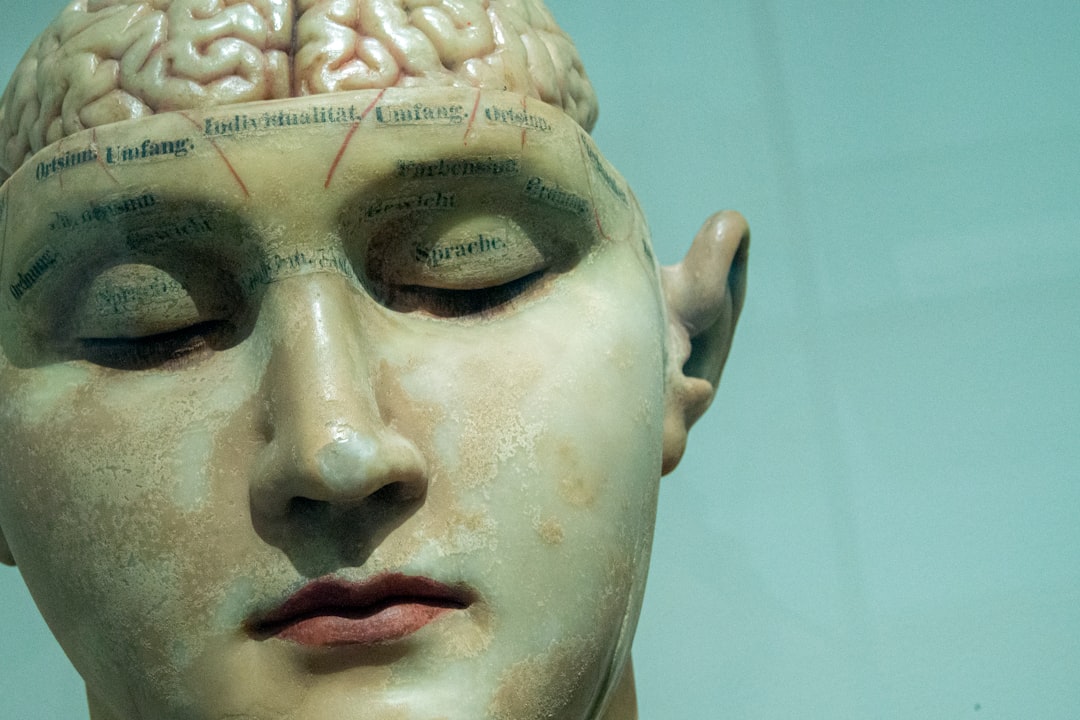What is it about?
The function of a crucial ion channel (endothelial inward-rectifying K+ channel) that governs blood flow to and throughout the brain is reduced in a sex-independent manner during AD vs. pre-AD pathology in mice.
Featured Image
Why is it important?
The health of the brain parenchyma for homeostasis, physical movement, and cognition is dependent on the ability to extract oxygen and nutrients from blood flowing throughout the brain. A vascular cell type known as the endothelial cell commands multiple central functions (e.g., vascular permeability, blood flow control) to this end. This study demonstrates that key receptors and ion channels of cerebrovascular endothelial cells may or may not change with development of AD pathology in respective biological sexes. Accordingly, we are contributing towards the identification of "cerebrovascular signatures" as another (and perhaps most effective) method for diagnosing and treating AD.
Perspectives
With respect to cerebrovascular health and function, Alzheimer's disease pathology appears to represent conditions of accelerated aging of the brain. In particular, the function of inward-rectifying K+ channels that govern blood flow to and throughout the brain is reduced in a sex-independent manner during middle age in AD mice. This effect is not observed until old age (≥ 24 months) in "normal" C57BL/6 mice that do not demonstrate an overt propensity to develop dementia during the span of a healthy adult life. Note that the current study only encompassed studies of cerebrovascular arteries that "feed" the brain. Accordingly, these data should be interpreted with consideration for clearance mechanisms of toxic debris and metabolites via glymphatic and venular networks during development of dementia as well. Although deficiencies in toxic peptide/protein buildup in the brain may be first begin with deficiency in ATP production and supply due to sub-optimal blood flow. Terminal disease up until death may be most reflective of impaired clearance of undesired macromolecular accumulations in the brain.
Erik Behringer
Loma Linda University
Read the Original
This page is a summary of: Development of Alzheimer’s Disease Progressively Alters Sex-Dependent KCa and Sex-Independent KIR Channel Function in Cerebrovascular Endothelium, Journal of Alzheimer s Disease, July 2020, IOS Press,
DOI: 10.3233/jad-200085.
You can read the full text:
Contributors
The following have contributed to this page










